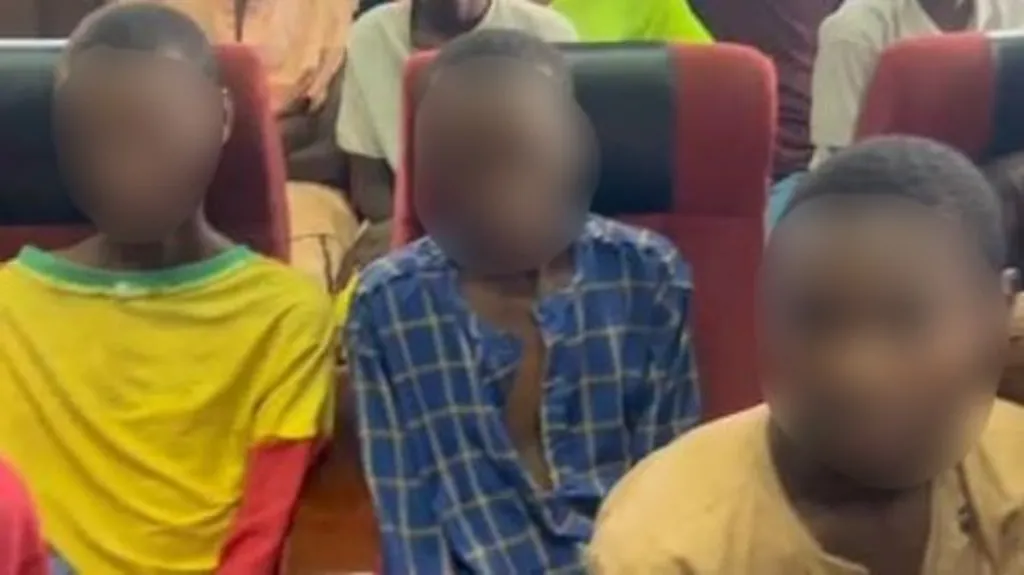By : Lloyd Mahachi
Nigeria has been embroiled in controversy following a dramatic court hearing where dozens of alleged protesters, many of whom appeared malnourished, were brought before a judge.
The defendants, including teenagers, pleaded not guilty to charges of treason, felony, and inciting mutiny. This move has sparked outrage among human rights activists, who claim that the justice system is flawed and prioritizes prosecution over due process. The trials have raised concerns about the government’s handling of dissent and its commitment to upholding human rights.
The protests, which began in August, were sparked by Nigeria’s deepening cost-of-living crisis. Clashes between protesters and security forces resulted in deaths and nearly 700 arrests. Many of those arrested have been detained for months, with some reportedly facing trial without access to legal representation or adequate food and medical care.
The conditions in Nigerian prisons have been widely criticized, with overcrowding, poor sanitation, and inadequate healthcare contributing to the deteriorating health of detainees.
Human rights activists have condemned the justice system for detaining minors, labeling it “one of the deadliest attempts to suppress freedom of assembly.” Enough is Enough, a Nigerian rights organization, described the situation as “institutional child abuse,” emphasizing that the teenagers should be in school, not prison. The trials have also raised concerns about the lack of transparency and due process. Many defendants were charged with providing “material and non-violent support” to the protesters, including repairing vehicles, laundering clothes, or supplying food and other items.
The proceedings have been criticized for being brief, lasting less than 15 minutes, and lacking crucial information required by Nigerian law. In some cases, defendants were tried individually, while others were tried in groups, without consideration of whether they had been coerced into committing the offense or had done it simply to survive. The volume of defendants in the “material support” category made it difficult to focus available resources on prosecuting those charged with more serious offenses.
The situation has sparked widespread debate, with many calling for the release of the detained protesters and an end to the controversial trials. The international community is watching closely, with organizations like Amnesty International and Human Rights Watch condemning the Nigerian government’s actions. As Nigeria struggles to address its economic crisis, the trials have highlighted the need for a more nuanced approach to addressing dissent and promoting human rights.
The Nigerian government has faced criticism for its handling of protests in the past, with concerns raised about excessive force and arbitrary arrests. The current trials have only exacerbated these concerns, with many questioning the government’s commitment to democratic values. As the trials continue, attention will remain focused on Nigeria’s justice system and its treatment of those exercising their right to protest.
Editor : Josephine Mahachi

